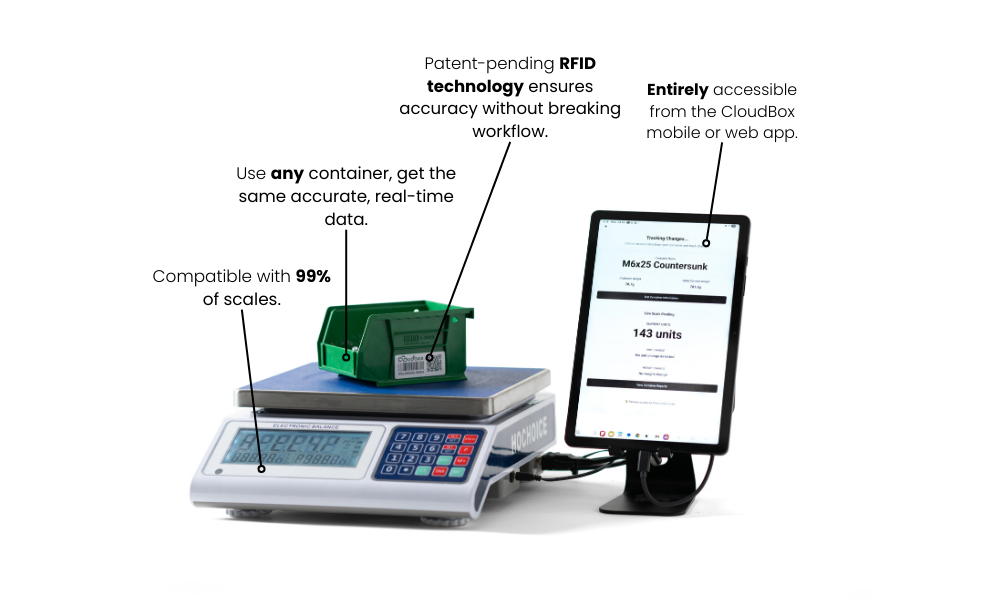
Securing a cannabis license is one of the most challenging yet crucial steps for launching a cannabis business. With complex regulations, competitive applications, and evolving requirements, the licensing process can feel like navigating a maze. But with proper preparation and a strategic approach, you can improve your chances of success. Here’s a guide to help cannabis entrepreneurs in 2025 navigate the licensing process smoothly.
1. Understand Your Market and License Types
Cannabis licensing varies by state and often by municipality. Understanding the specific license types and market conditions in your area is critical.
Key Tips:
- Research the different license categories: retail (dispensary), cultivation, distribution, manufacturing, or testing.
- Determine which license aligns with your business model and long-term goals.
- Monitor local government announcements for new license availability, caps, or lotteries.
Pro Tip: Engage with local cannabis associations or chambers of commerce for real-time updates and networking opportunities.
2. Thoroughly Review Regulatory Requirements
Each state has its own licensing body with specific rules, qualifications, and application timelines.
Key Tips:
- Access the official state regulatory portal for cannabis licensing guidelines.
- Understand zoning restrictions, security requirements, financial disclosures, and ownership limitations.
- Identify any social equity program qualifications and benefits you may be eligible for.
Pro Tip: Keep a checklist of regulatory requirements and deadlines to stay organized.
3. Prepare a Comprehensive Business Plan
A strong business plan is a vital component of most cannabis license applications. It demonstrates your preparedness and viability as a business owner.
Key Elements:
- Executive summary and mission statement.
- Market analysis and competitive landscape.
- Operational plan, including staffing, security, and inventory management.
- Financial projections and funding sources.
Pro Tip: Highlight your commitment to compliance, community engagement, and sustainability in your plan.
4. Secure a Compliant Location Early
Zoning restrictions often limit where cannabis businesses can operate. Securing a compliant location is frequently required before submitting your application.
Key Tips:
- Verify local zoning ordinances and buffer zone requirements (e.g., distance from schools or parks).
- Obtain letters of intent or lease agreements contingent upon license approval.
- Engage with local real estate agents familiar with cannabis-friendly properties.
Pro Tip: Establish positive relationships with local government officials and community leaders to support your application.
5. Assemble a Strong Application Team
The licensing process involves legal, financial, operational, and regulatory components. Having a team of experts ensures your application is thorough and compliant.
Key Team Members:
- Cannabis law attorneys.
- Compliance consultants.
- Financial advisors familiar with cannabis industry regulations.
- Security professionals for site planning.
Pro Tip: Partner with consultants who have a proven track record in successful cannabis licensing.
6. Demonstrate Community Engagement and Social Equity
Many jurisdictions prioritize applicants who commit to social equity and community reinvestment.
Key Tips:
- Participate in social equity programs if eligible.
- Outline community engagement initiatives in your business plan (e.g., hiring local residents, supporting local nonprofits).
- Document prior involvement in community service or social justice causes.
Pro Tip: Tailor your community impact strategies to address local needs and concerns.
7. Ensure Financial Preparedness
Cannabis licensing often requires proof of financial stability, including access to startup capital and operational funds.
Key Tips:
- Secure funding from cannabis-friendly investors or financial institutions.
- Prepare detailed financial statements and disclosures.
- Understand the costs associated with licensing, including application fees, security build-outs, and ongoing compliance.
Pro Tip: Explore alternative funding options like crowdfunding or partnerships with existing cannabis operators.
8. Prepare for Scrutiny and Background Checks
Licensing authorities conduct thorough background checks on owners and key personnel.
Key Tips:
- Disclose all necessary personal and financial information honestly.
- Resolve any outstanding legal issues or financial obligations beforehand.
- Ensure your partners or investors also meet background check standards.
Pro Tip: Transparency and preparedness are key to passing regulatory reviews.
9. Stay Flexible and Ready for Follow-ups
Licensing bodies may request additional information or clarifications during the review process.
Key Tips:
- Respond promptly and thoroughly to requests for information.
- Maintain organized documentation for quick access.
- Keep communication lines open with your application team.
Pro Tip: Anticipate possible follow-up questions by reviewing successful past applications.
Final Thoughts:
Navigating cannabis licensing in 2025 demands preparation, patience, and strategic planning. By understanding your market, assembling the right team, and presenting a compelling application, you can greatly improve your chances of securing a license. Remember, the process is competitive, but with diligence and the right approach, your cannabis business dreams can become reality.
.avif)

.png)




.png)

.png)
.png)




